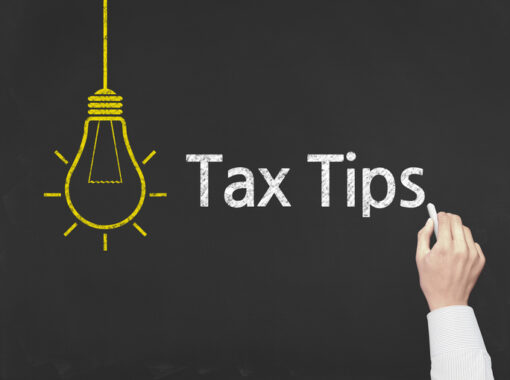
At The Law Offices of Paul Y. Lee, can offer our clients guidance about the procedure leading up to bankruptcy and afterwards after many years of working on California bankruptcy cases. Today, we’ve gathered a list of pointers to guarantee you’re filing your taxes appropriately after declaring bankruptcy. If you have questions, or want a free bankruptcy consultation, contact us at 951-755-1000.
Prepare and submit your tax returns
Too often, debtors fail to file taxes because they know they will be unable to pay the taxes they owe. This thinking is understandable, but it actually works against you. You should file your taxes even if you are unable to send a cheque to pay them. Why? Because filing your return starts a number of clocks ticking in your favor.
You have three years from the time you file your taxes until the time you discharge them. The statute of limitations for tax collection is ten years. The sooner you file, the sooner these changes will be implemented. The worst-case scenario is that the IRS files your return for you; avoid this by filing your taxes yourself.
Taxes are not due on debts that have been discharged
If you filed for bankruptcy, you are likely to have debts that have been discharged. This has no tax implications. The IRS code is very clear about how debts forgiven in bankruptcy are excluded from taxable income. It’s worth noting that the creditor who canceled the debt may still send you a 1099. That is their responsibility, but you must maintain that your debt is exempt from bankruptcy.
Make a claim for any Chapter 13 payments you made
You can claim those payments as deductions if you made Chapter 13 payments last year to catch up on outstanding payments for real property loans. Do not think that because the trustee is the one who writes the cheque, you are not entitled to a mortgage interest deduction. To figure out how much you can deduct, you’ll need the trustee’s disbursement records for your specific case.
If you end up owing money in taxes, you must make a change
If you submit a tax return and owe money, you’ll need to adjust your withholding. The concept is that your company withholds a certain amount of money from your paycheck to avoid you from owing money at the end of the year. If you receive a large refund, you may want to make adjustments to ensure that you have access to the funds throughout the year.
For a free bankruptcy consultation, call us today
Those who have already filed for bankruptcy should follow the aforementioned tax advice. If you haven’t filed yet but are thinking about it, call The Law Offices of Paul Y. Lee now at 951-755-1000 to for a free bankruptcy consultation. We’ll examine your finances and provide you with an objective appraisal of your best options.

